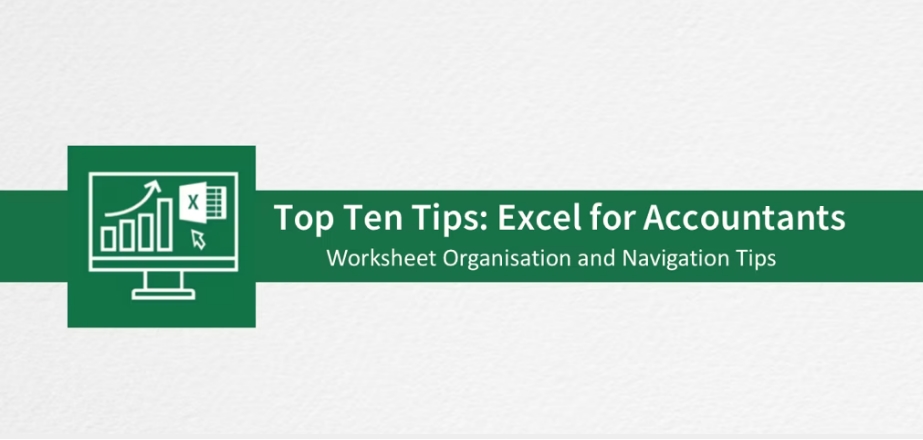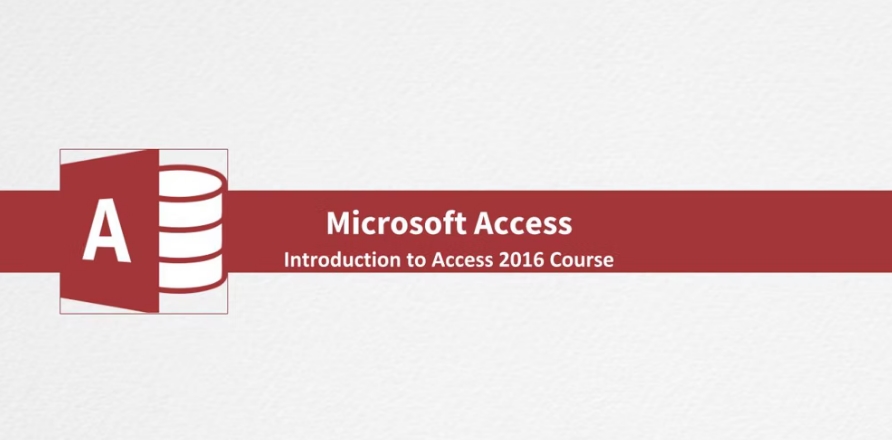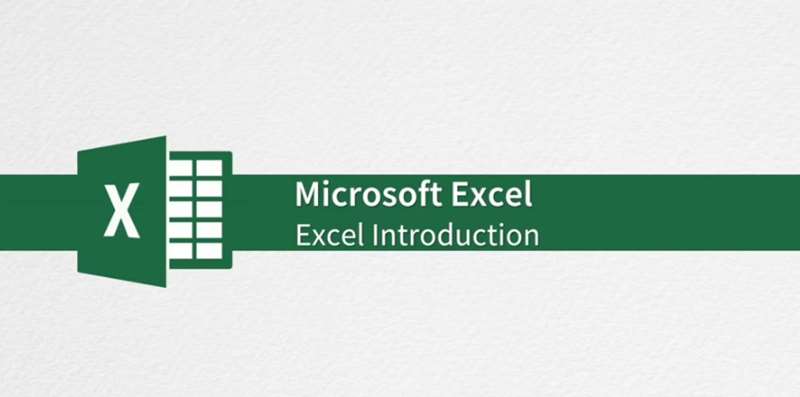Overview
Microsoft Excel, the world's most popular spreadsheet software, is designed to help users perform a myriad of business tasks, from to-do lists to forecasts to macros and VBA. Excel is our flagship course, used by hundreds of thousands of customers and clients around the world including the Institute of Chartered Accountants in England and Wales and many blue-chip firms.
Most office staff can use Excel to a basic level for data entry, to format cells, even to use a basic PivotTable. But few make it to the next level, to be able to build models, conduct scenario analyses, apply checks to flag errors, create a dashboard or format to a client-ready standard.
Our best-selling, award-winning, accredited course will do all of this. And it will do so efficiently, by using our proprietary filtering algorithm to direct your attention to those areas of Excel most relevant to you.
Learning Outcomes
- Conduct insightful analysis of small or large data sets.
- Build a dashboard to monitor your or your company's performance.
- Banish your Excel pet hates for good.
- Present your work beautifully be it in a table, scatter, radar or pie chart.
Audience
- From regular users up to power users looking to brush up on VBA - our adaptive teaching method tailors training to each individual.
- Accountants, bookkeeppers, teachers, salespeople, managers, graduates. The list just doesn't end with Excel.
Syllabus
Section 1: Foundation
- Unit 1.1 - Excel Introduction
- Unit 1.2 - The Excel Interface
- Unit 1.3 - Basic Navigation and Editing
- Unit 1.4 - Getting Going
Section 2: Orientation and Efficiency
- Unit 2.1 - Editing
- Unit 2.2 - Viewing
- Unit 2.3 - Spreadsheet Structure
- Unit 2.4 - Cell References
- Unit 2.5 - Named Ranges
- Unit 2.6 - Basic Macros
- Unit 2.7 - Design
Section 3: Administration
- Unit 3.1 - Customising Excel
- Unit 3.2 - Housekeeping
- Unit 3.3 - Connecting Workbooks
- Unit 3.4 - Documentation
- Unit 3.5 - Protecting and Sharing
- Unit 3.6 - Google Sheets
- Unit 3.7 - Excel Troubleshooting
Section 4: Data Handling
- Unit 4.1 - Sorting and Filtering
- Unit 4.2 - Controlling User Input
- Unit 4.3 - Working with Dates and Times
- Unit 4.4 - Working with Text
- Unit 4.5 - Lookup and Reference
- Unit 4.6 - Logical Functions
Section 5: Data Analysis
- Unit 5.1 - Working with Numbers
- Unit 5.2 - Summarising Data
- Unit 5.3 - PivotTables 1 – Simple Summaries
- Unit 5.4 - PivotTables 2 – Manipulating Data
- Unit 5.5 - PivotTables 3 – Interpreting Data
- Unit 5.6 - Power Pivot: Handling Big Data
- Unit 5.7 - Formula Auditing
- Unit 5.8 - Advanced Macros and VBA
- Unit 5.9 - Modelling
Section 6: Presentation
- Unit 6.1 - Cell Formatting
- Unit 6.2 - Number Formatting
- Unit 6.3 - Conditional Formatting
- Unit 6.4 - Charts and Graphs
- Unit 6.5 - Page and Print Setup
Duration
16 Hours





